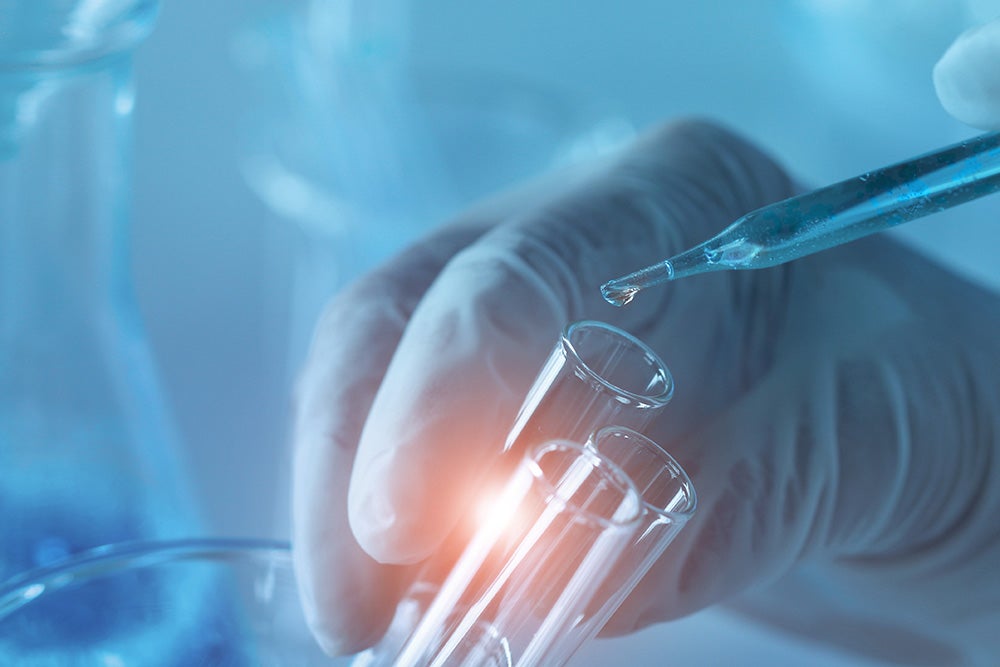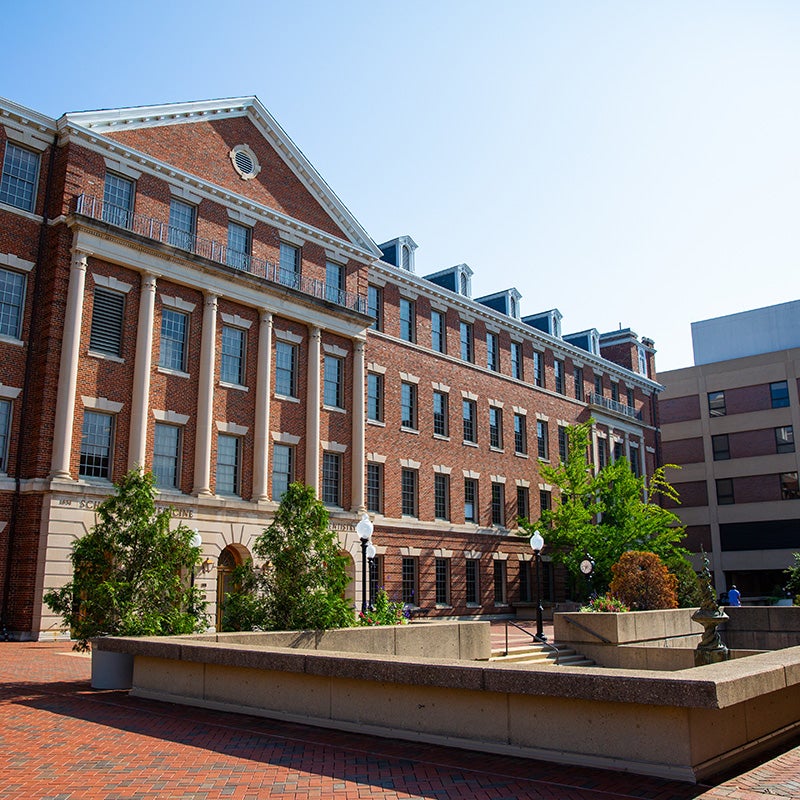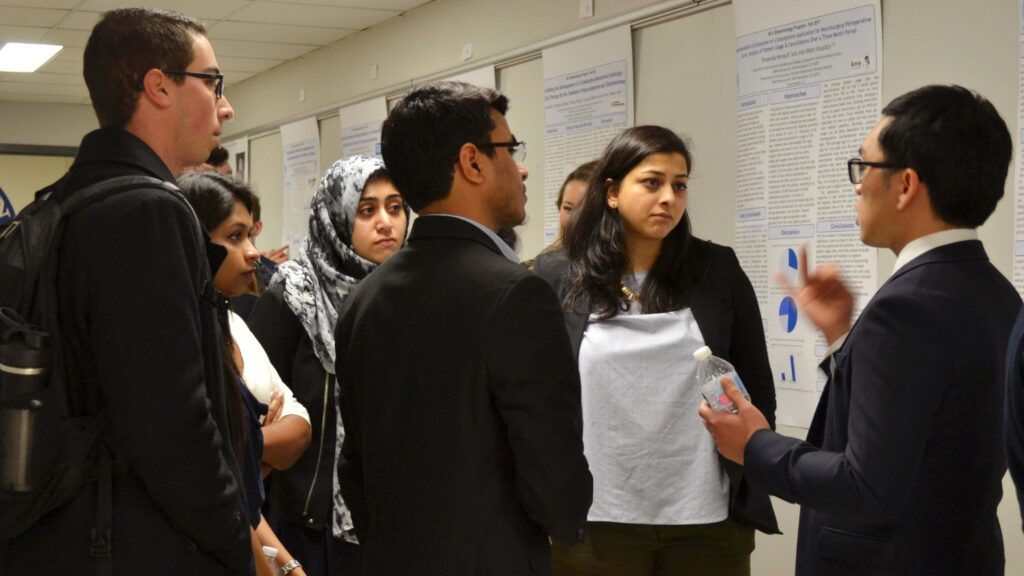This track provides a concentration of science courses, many with laboratory components, and is designed for students who wish to pursue a higher degree such as an M.D., Ph.D. or DDS, or a career in academic and industry research and health-related professions. This track also facilitates entry into biotechnology industry laboratory management, product development, manufacturing and quality control.
What You’ll Learn
Fall 2024 Admissions
Review our program prerequisites and begin your online application.
Courses
Capstone Internships
Students gain real-world experience at biotech companies, agencies and other institutions through our capstone course.
Example Degree Plan
The following is an example degree plan for full-time students, who finish the program in 10 months (two semesters). Our program charges a full-time, per-semester flat rate for students taking 12 credits or more in a semester and a part-time, per-credit rate for students taking fewer than 12 credits.
Fall
| Course Name | Credits |
|---|---|
| BCHB 5130 Core Concepts of Biochemistry | 4 |
| BCHB 5140 Introduction to Bioinformatics | 1 |
| BIOT 5007 Laboratory Applications of Biotechnology | 3 |
| BIOT 5009 Introduction to the Biotechnology Industry | 3 |
| BIOT 5590 New Frontiers of Biotechnology | 1 |
| BIOT 6590 Introduction to Biotechnology Internship | 0 |
| Elective 1 | 2 |
| Elective 2 | 1 |
| 15 Credits |
- Students pay the per-semester rate.
- Apply for graduation in your second-to-last semester. Follow the Graduating Student Checklist.
Spring
| Course Name | Credit(s) |
|---|---|
| BCHB 5540 Research Ethics & Integrity | 0 |
| BIOT 5100 Entrepreneurial Biotechnology | 3 |
| BIOT 5260 Core Methods in Biotechnology | 3 |
| BIOT 5430 Current Good Laboratory and Manufacturing Practices (cGLMP) for Biotechnology | 1 |
| BIOT 7950 Biotechnology Capstone Internship | 4 |
| Elective 3 | 2 |
| Elective 4 | 2 |
| 15 Credits |
- Students pay the per-semester rate.
- Follow the Graduating Student Checklist to receive your degree and attend Commencement with your class.


